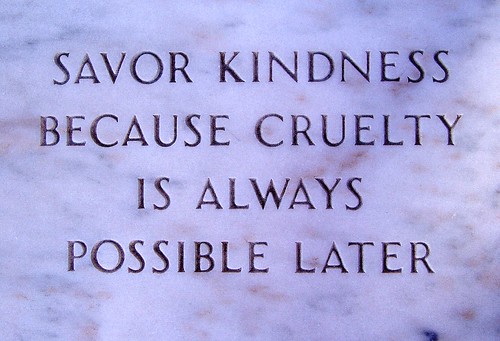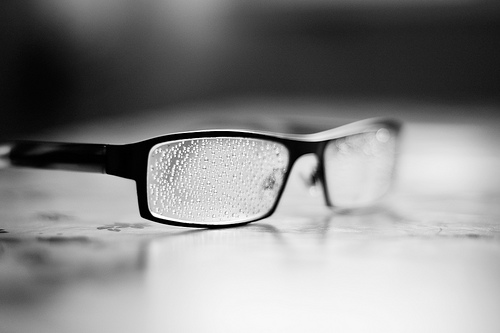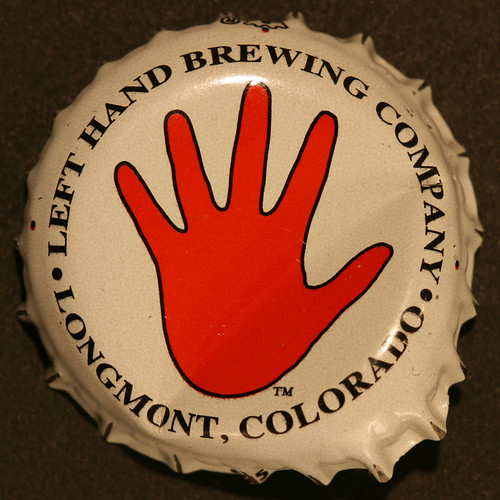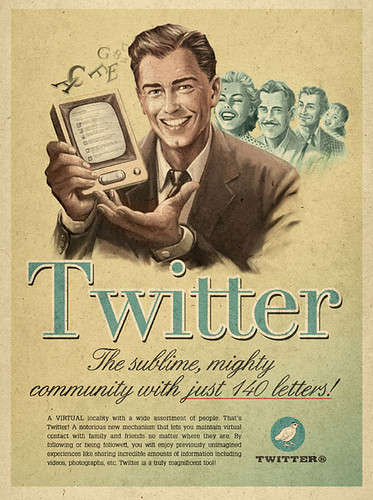What are the friendliest countries?
a Forbes: 1) Bahrain 2) Canada 3) Australia 4) Thailand 5) Malaysia 6) South Africa 7) Hong Kong 8) Singapore 9) Spain 10) US Join over 190,000 readers. Get a free weekly update via email here. Related posts: 5 Scientific Secrets To Naps That Will Make You Happier And Smarter 4 Things Astronauts Can Teach You About A Good Night’s Sleep These Six Things Will Bring You A Great Night’s Sleep
1 min read
Do Glasses Make You Look Smarter?
ople have long wondered: Do glasses make you look smarter? Research shows the answer is yes -- but they can also make you less attractive. However, what's really fascinating about this study is it also showed that effects were determined by the type of glasses. Rimless glasses make your face less distinctive, increase your perceived trustworthiness and do not decrease attractiveness. So Do glasses make you look smarter? Yes. But you still might want to put a little extra thought into…
2 minutes
Why do we always root for the underdog?
niel Engber has a long and fascinating piece in Slate about the psychology of underdogs. It references a few studies to answer the question, "Do we really love underdogs?" Definitely: In 1991, a pair of researchers at Bowling Green State University, Jimmy Frazier and Eldon Snyder, published a paper on what they called "the underdog concept in sport." Frazier and Snyder posed a simple hypothetical scenario to more than 100 college students: Two teams, A and B, were meeting in…
2 minutes
Why are lawyers so unhappy? (And how can we use this to be happier?)
rtin Seligman, psychology professor at UPenn and author of Authentic Happiness, clues us in as to just how unhappy lawyers are: Researchers at John Hopkins University found statistically significant elevations of major depressive disorder in only 3 of 104 occupations surveyed. When adjusted for sociodemographics, lawyers topped the list, suffering from depression at a rate of 3.6 times higher than employed persons generally. Lawyers also suffer from alcoholism and illegal drug use at rates far higher than non-lawyers. The divorce…
2 minutes
How much does it cost a country to win an Olympic Gold Medal?
cost Australia about $37 million per gold medal. Also interesting was the significant linear relationship found between money spent and medals won: In 1981 the Commonwealth Government established the Australian Institute of Sport (AIS). The Australian Sports Commission (ASC) which administers the AIS has 2 objectives: (1) excellence in sports performances; and (2) increased participation in sports and sports activities. State-based institutes of sport have also been established with the same or very similar objectives. Federal policy directs the…
2 minutes
Are left handed people more trustworthy or less trustworthy?
depends: Left-handed men are more generous, but left-handed women are less altruistic: It is now generally accepted that some people are more altruistic, more trusting, or more reciprocal than others, but it is still unclear whether these differences are innate or a consequence of nurture. We analyse the correlation between handedness and social preferences in the lab and find that left- handed men are significantly more generous when recipients have the possibility to reciprocate and exhibit stronger positive reciprocity…
4 minutes
What do most people on Twitter tweet about?
% tweet primarily about themselves and their thoughts, 20% largely post links and info: To address RQ2, we use Ward’s linkage cluster analysis to categorize users based on the types of messages that they typically post. We then use Kalensky’s analysis to detect the optimum number of clusters that minimizes the differences within groups and maximizes differences between groups. The analysis resulted in two clusters, which we labeled “Informers” (20% of users) and – to suggest a new term –…
1 min read
How can you make a gathering more social and friendly?
rning up the temperature a few degrees physically and emotionally makes people warmer: "Holding warm feelings toward someone" and "giving someone the cold shoulder" indicate different levels of social proximity. In this article, we show effects of temperature that go beyond these metaphors people live by. In three experiments, warmer conditions, compared with colder conditions, induced (a) greater social proximity, (b) use of more concrete language, and (c) a more relational focus. Different temperature conditions were created by either handing…
1 min read








